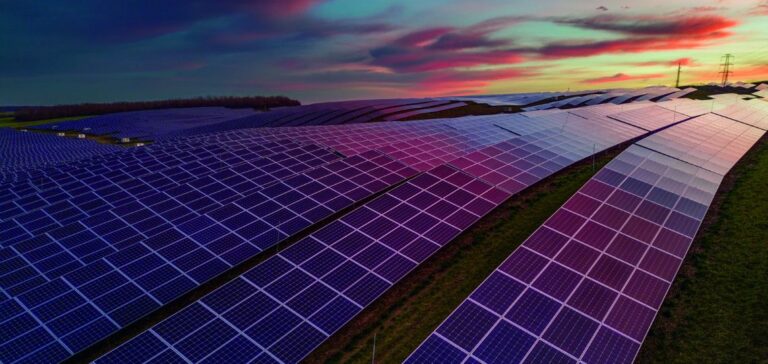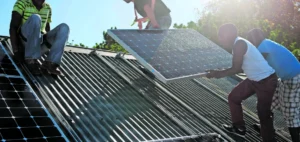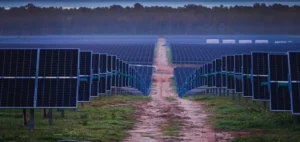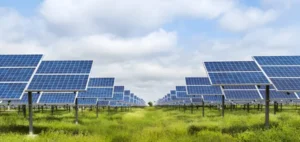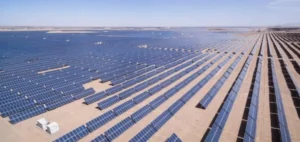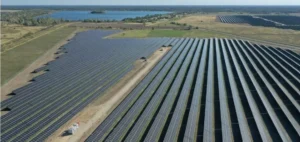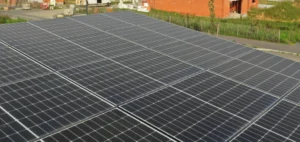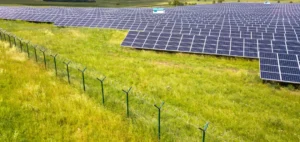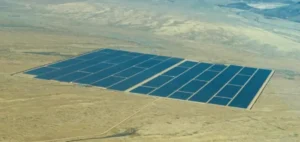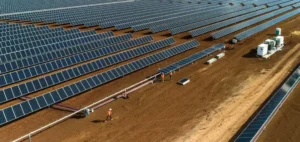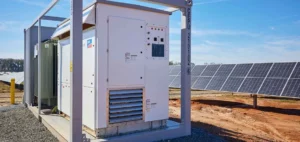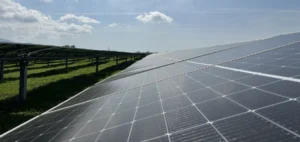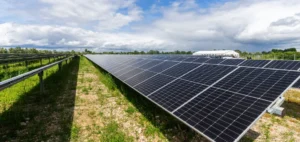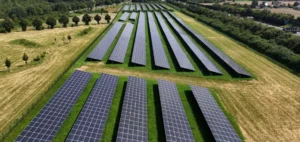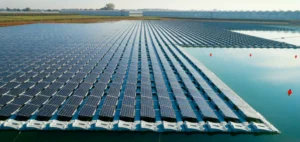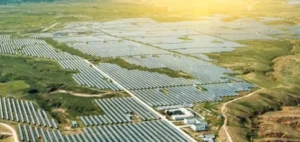Uniper has started the construction phase of two new photovoltaic projects in Hungary, in Tét and Dunaföldvár. These two solar parks will contribute 151 megawatt-peak (MWp) of renewable energy, aligning with the country’s energy transition objectives. Together, these installations will supply electricity to up to 92,000 Hungarian households, based on average household consumption data.
Project timeline and capacity
The 90 MWp Tét project is scheduled to begin construction in the third quarter of 2025, with commissioning planned for 2027. The Dunaföldvár project, with a capacity of 61 MWp, will start construction earlier, in the second quarter of 2025, and is expected to be operational by 2026. These commissioning timelines align with Hungary’s efforts to diversify its energy mix and reduce dependence on non-renewable sources.
Partners and construction work
The construction of both photovoltaic parks will be carried out by EXTOR Energy Zrt. The grid connection will be managed by Spie Hungaria Kft. for the Dunaföldvár site and by Maxicontech Kft. for the Tét site. These companies will play a key role in integrating the solar installations into Hungary’s power network.
A strategic investment for Uniper
By integrating these projects into its portfolio, Uniper Renewables strengthens its position in the renewable energy sector in Eastern Europe. The company is committed to supporting Hungary’s energy transition and contributing to the growth of solar capacity in the region.

